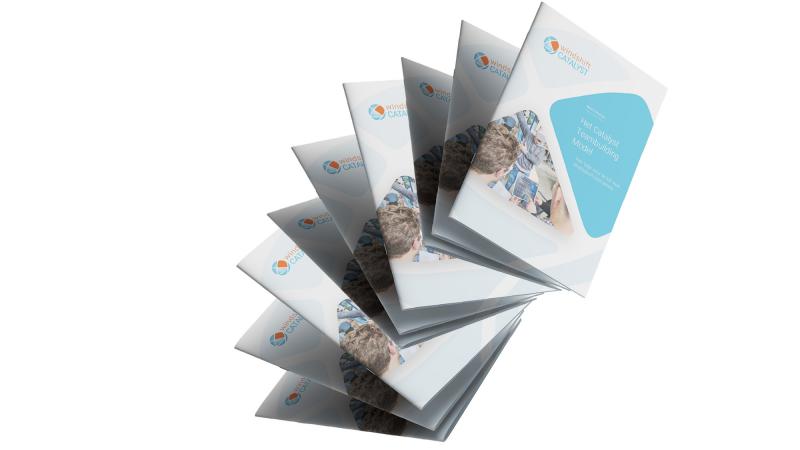Efficiency defines the extent to which process performs relative to its full potential. Process improvement consists of the method of identifying, analysing and then enhancing a process to improve the efficiency, costs and quality of the product or service. This generally results in modifying tasks and processes and/or adding additional processes to improve efficiency.
Employees after years of familiarity with systems have a tendency to cling to current processes regardless of whether they have a realisation of the necessity for change or not. Getting buy in from staff in the initial stages of process improvement can lead to a smoother transition. Experiential business games and teambuilding activities are a great way to bring about a realisation that changing procedure can lead to increased efficiencies.
Catalyst has a range of team building products that are designed to bring awareness to and improve process improvement; need 4 Speed, which requires teams to construct miniature cars from a collection of parts repeatedly looking to improve their time and accuracy, is one such fun and engaging exercise which highlights the benefits of process improvement. Teams compete with each other, with scores shared openly on a leader board causing competition to increase the fervour towards need for change. Further, a mean performance score across the teams encourages collaboration in terms of sharing best practise, skills transfer and overall increase inefficiencies.
Research attests to the ability of gamification of such process to transfer learning back to the workplace with the result being greater acceptance of change and involvement in the required process improvement.
Look at this selection of related popular programs.
Need help in deciding? Looking for something else?

The Catalyst Teambuilding Model shows how you can elevate a team building program from a reward to an investment in your staff.